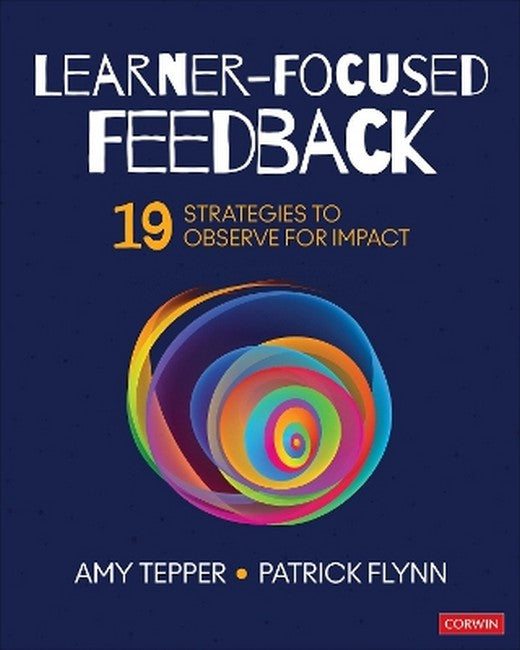Amy Tepper has served as a teacher, administrator, and program director in various K-12 settings and startups to include virtual, homeschool, blended, and public schools. She held the position of Executive Director of a Sylvan Learning Center, opened an alternative 6th-12th school in Okaloosa County, FL, and later was actively engaged in Florida high school redesign and career education reform, providing technical assistance across the state. Amy had the opportunity to collaborate with a team of parents to develop the Ohana Institute, an innovative blended school, focused on global citizenship and discovery learning, serving as Director in its first year. As a consultant, she provided instructional and administrative coaching at an international school in Panama, before joining ReVISION Learning Partnership in 2013. Amy has since completed countless classroom observations through work as a peer validator evaluating practices in Newark and New Haven schools, and in providing embedded, ongoing support for instructional leaders and teachers in the areas of high quality observation, feedback, and teaching and learning across Connecticut. Patrick Flynn has worked as a teacher, teacher leader, curriculum director, and executive program director in K-12 settings in over eleven different states. As the Executive Director of High Schools for Edison Schools and the Chief Academic Officer for Great Schools Workshop in Sacramento, CA, Patrick worked with building and district administrations in nine states to implement systemic high school reform. He has provided professional learning in the areas of transformational leadership, performance management systems, standards-driven instruction, and data-driven decision-making. Patrick is Founder and Executive Director of ReVISION Learning Partnership, providing professional development and support to districts and educational organizations in CT, NY, NJ, and LA since 2010. He has led several school improvement initiatives in rural and urban settings and internationally in the United Arab Emirates with the Abu Dhabi Education Council. He has presented nationally and internationally, including as a keynote speaker at the Forum on Big Data at the Tianjin University of Technology, in Tianjin, China. ReVISION Learning is highly sought after for its leadership in providing the highest quality professional learning opportunities for teacher, administrators, and district personnel.
Request Academic Copy
Please copy the ISBN for submitting review copy form
Description
List of Online Resources Feedback to Feed Forward Strategies Preface Acknowledgments About the Authors Chapter 1: Why Observe for Impact? Building a Culture of Learning Building a Culture of Observation and Feedback The Skills of Observation Teachers as Learners Leaders Leading Learning What's Ahead Chapter 2: What Do You Need to Understand About Learning? Understanding the Concept of Learning Overarching Goals for All Learners Our Three Goals Cautions for Observers How the Brain Works Identifying Learning in Action Recognizing Impact on Learning Determining Causal Attribution Give It a Try What's Ahead Chapter 3: How Can You Prepare for Evidence Collection? Preobservation Planning Planning Your Tools Planning by Using Expectations Planning to Interact With Learners Planning Using Learning Goals Planning Based on Disciplines Planning Based on Standards Give It a Try What's Ahead Chapter 4: How Can You Adapt Evidence Collection Upon Arrival? Your Goals as an Observer Adapting 101: The Basics Metacognition in Motion Making It Count Timing Is Everything Using the Learning Goals Foundational Understandings Student Ability to Meet Expectations Give It a Try What's Ahead Chapter 5: How Can You Adapt Evidence Collection as a Lesson Unfolds? Observing for Learning Observing for Causal Attribution and Impact Observing for Good Struggle Adapting During an Observation Adapting Based on Active Engagement Student Notes Mid-Lesson or End-of-Task/End-of-Lesson Reflections Adapting Based on Tools and Resources Adapting Based on Discourse Give It a Try What's Ahead Chapter 6: How Do You Cultivate a Culture of Learning? Building a Culture of Learning Developing Feedback About Impact Building Trust Making a Culture Shift The Six Steps Final Thoughts Strategies List List of Figures References Index

